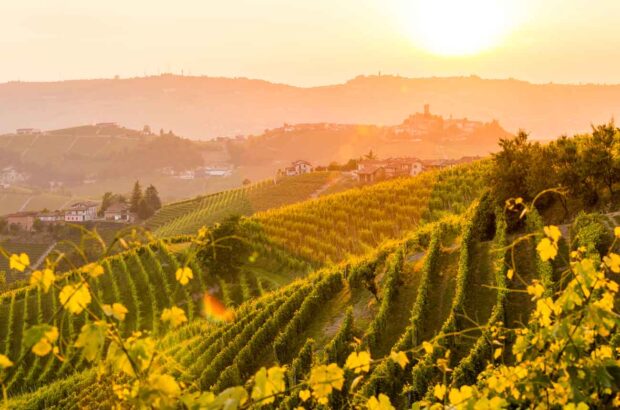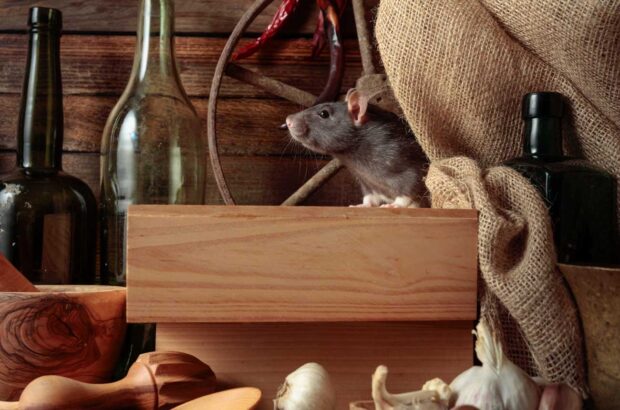Both organic and natural wines share some common values, particularly around sustainability and environmental stewardship. Both have also become a much more common dinner party talking point.
But, organic and natural wines have important differences.
The rule of law
Organic wine has been legally defined in both the vineyard and the cellar, albeit certification rules may vary and not everybody agrees with the boundaries. At government level, the US and EU differ over the addition of sulphites, for example.
Natural wines have so far defied all attempts to create a legal definition.
Some supporters are relaxed about this. ‘It’s a bit of an anti-establishment movement,’ said Henry Poultney, co-founder of the recently-opened Kask wine bar in Bristol, UK, which specialises in ‘low intervention’ wines from natural to organic.
Isabelle Legeron MW, founder of RAW wine fair, said that ‘strictly speaking, natural wine is pure, fermented grape juice’ with nothing added. The aim is to ‘bottle a drink that is alive [and] full of the naturally occuring microbiology that existed on the grapes and in the cellar too’.
However, several winemakers who do not use the ‘natural wine’ term would argue that they share this goal and employ some of the techniques; critics say it is unhelpful to infer that other wines are somehow inferior or do not properly reflect their origins.
In the vineyard
Despite a lack of legal definition for natural wine, Legeron said ‘there is general acceptance in the natural wine community as to what is and is not permissible’.
Growing organic grapes is generally seen as a prerequisite for making natural wine.
That is the main reason why ‘all natural wines are organic but not all organic wines are natural’, said Legeron, speaking to Decanter ahead of Raw Wine London 2020, on 8 and 9 March.
In the cellar
‘Where practices begin to diverge is in the cellar itself,’ Legeron said.
While organic winemaking rules are stricter than for non-organic wines, and regulations differ between countries, Legeron said that, ‘broadly speaking, organic wine cellar regulations permit the use of additives, like yeast, winemaking aids, like fining agents, and processing, like sterile filtration and pasteurisation, that would not be allowed at all in natural winemaking.’
Sulphites and ‘low intervention’ wines
One divisive issue within the natural wine congregation is the use of sulphites.
Strictly speaking, natural wines would not contain sulphites added in the cellar, but some feel that low levels of sulphites are acceptable – albeit far below the maximum allowed in organic wines in the EU, for instance.
‘We make the distinction between “natural wines” and “low-intervention organic and biodynamic wines”,’ said Legeron.
‘We accept both at the fair but refer to these different wines as two distinct categories,’ she said, adding that both are more natural than non-organic wines.
At Kask, organic and biodynamic bottles sit alongside natural wine styles, in what is described as a ‘low intervention’ range.
‘We label everything by their certified terms where possible,’ said Poultney, who believes the overall message is about transparency and ‘what goes into the liquid that we drink’.







